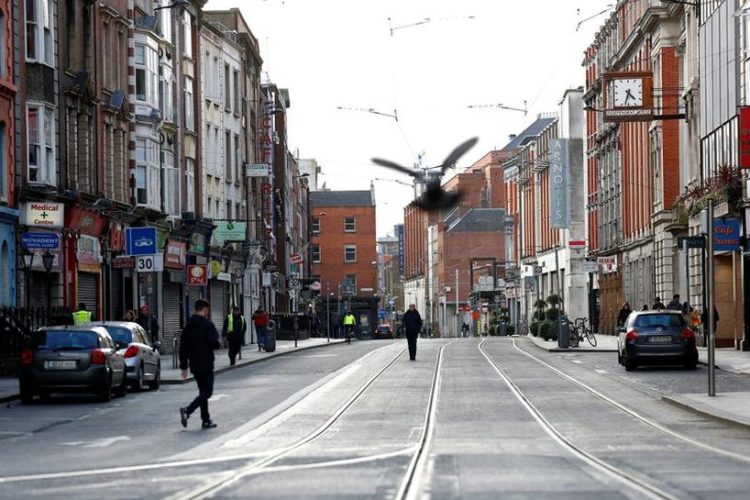The German Synodal Path – often mired in controversy – has become a widely disputed and publicised spectacle in the realm of Catholic media.
But just where is the Church in Germany currently positioned in the intervening months that have followed? What has been the official Vatican response to the radical new proposals that have emerged at the synodal meetings in Germany? Is schism the only possible solution to the panoply of German voices whose views currently contravene Church teaching?
However amidst a flurry of uncertainty and infinite questions about the trajectory of the process, one undisputed certainty has emerged: if the month of July is to be an indicator for the rest of Germany’s Synodal Path, it’s manifestly shown that the Vatican wields the final say on proceedings.
July of this year finally saw the Vatican lose its patience with the schismatic fallout from the Church in Germany’s doctrinally independent Synodal Path as it moved to re-affirm the Church’s position on traditional matters.
“The ‘Synodal Way’ in Germany does not have the power to compel bishops and the faithful to adopt new forms of governance and new orientations of doctrine and morals,” the Vatican said in an official statement published last month.
The Holy See said it appeared “necessary to clarify” this, in order to “safeguard the freedom of the People of God and the exercise of the episcopal ministry”.
The Vatican warned that “it would not be permissible to introduce new official structures or doctrines in dioceses before an agreement had been reached at the level of the universal Church, which would constitute a violation of ecclesial communion and a threat to the unity of the Church”.
The “Synodal Way” — Synodaler Weg in German, sometimes translated as “Synodal Path” — is a disputed process commenced by Cardinal Reinhard Marx. Organised by the German Bishops’ Conference together with the Central Committee of German Catholics (ZdK), its aim is to discuss four main topics: the way power is exercised in the Church; the priesthood; the role of women, and sexual morality.
Objections
Cardinal Walter Kasper, a German theologian considered close to Pope Francis, in June 2022 warned that the German process is at risk of “breaking its own neck” if it does not heed the objections raised by a growing number of bishops around the world.
In April, more than 100 cardinals and bishops from around the world released a “fraternal open letter” to Germany’s bishops, warning that wholesale changes to Church teaching advocated by the process may lead to schism.
This document was preceded by two others February and March respectively – one being an open letter from the Nordic bishops expressing concern at the German process and the other a strongly-worded letter from the president of Poland’s Catholic bishops’ conference which raised serious issues.
The president of the German bishops’ conference, Bishop Georg Bätzing of Limburg, has repeatedly rejected any and all concerns, instead expressing disappointment in Pope Francis in May 2022.
More recently, another organiser of the German process said the “Synodal Way” wanted to change the Church’s teaching on homosexuality by proposing “a conscious statement against the current Catholic catechism”.
He pointed to a text which not only contained comments about changing views on homosexuality but also about masturbation, marriage, sexual lust, and other related topics pertinent to Catholic doctrine.
In the statement published last month, the Vatican repeated a passage from the pope’s letter published in 2019, wherein Francis had warned — in German — of particular Churches being “separated from the entire ecclesial body”, adding that in such instances “they would weaken, rot and die”.
The Holy See said proposals from Germany should rather “flow into the synodal process of the universal Church, in order to contribute to mutual enrichment and to give witness to the unity with which the Body of the Church manifests its fidelity to Christ the Lord”.



